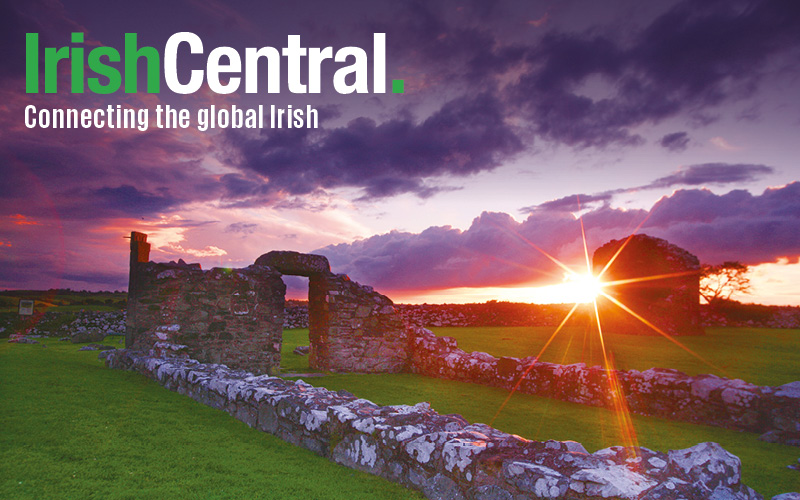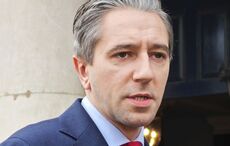Applications for Irish passports from people living in Great Britain have almost doubled since Brexit, when the United Kingdom voted to leave the European Union. In September applications rose by 119 percent.
According to new figures released by Ireland’s Department of Foreign Affairs (DFA) between July and September of 2016 the number of Great Britain applications rose by 96 percent. Applications rose by 73 percent in July, 104 percent in August and 119 percent in September. There were 21,549 Irish passport applications made from people in Great Britain since July 2016, compared 10,959 in the same period last year.
Similarly, applications from Northern Ireland have increased by two-thirds in the three months since Brexit. All Northern Irish citizens are entitled to hold both a British and Irish passport as a result of the 1998 Good Friday Agreement but the number of applications since Brexit shows a huge spike.
Read more: The disaster of Brexit begins to ominously unfold
Since July there have been 15,757 applications for Irish passports from Northern Ireland, compared to the 9,401 applications for the same period last year.
The surge in passport applications has been so great that the Department of Foreign Affairs is considering launching a network of agents in Ireland and abroad to cope with the numbers. They predict that by 2019 the number of passports issued will just to one million. This would be 40 percent more that the number issued in 2015, which was 700,000.
According to the Department “Demand is expected to continue to grow strongly due to demographic changes, continued increases in overseas travel, the wider use of the passport as an identity document, and Britain's decision to leave the EU.”
They added “The Department is considering partnering with an external agent to set up a network of offices to allow applicants to enroll passport applications during a face-to-face appointment.
These offices would be in a number of different domestic and international locations. The DFA has just began a market-sounding exercise to see if establishing the network would be feasible, how it might work, and the potential costs.
Following comments made by British Prime Minister Theresa May on seeking a “hard Brexit” Ireland’s Minister for Foreign Affairs Charlie Flanagan has ruled out suggestions of appointing a “Brexit Minister.” Flanagan said he and his team had held a series of meeting with British and EU counterparts in an effort to prevent damage to Ireland’s economy however, he said it would be a “mistake” to appoint a Brexit Minister.
The Minister also said that May’s comments raised concerns about the return of a hard border between the Republic of Ireland and Northern Ireland but reiterated the common desire “to protect the invisible border.” He also dismissed the possibility of a public poll on the issue of the border.
Earlier this week the Irish leader Enda Kenny announced a cross-border meeting with politicians and interest groups would be held on November 2.
Meanwhile on Tuesday, in Belfast, a High Court session heard that Northern Ireland could veto the United Kingdom’s departure from the European Union. The challenge was presented by a cross-party group of politicians from Northern Ireland and anti-Brexit campaigners. Their lawyer Ronan Lavery told the court that Brexit would massively undermine the work of the Belfast Agreement (Good Friday Agreement), the peace process, and would be extremely damaging to Northern Ireland.
Read more: Northern Ireland could veto UK’s Brexit from EU
According to Lavery Brexit cannot be imposed on Northern Ireland against the population’s will. In June the “Leave” campaign won majority 52 percent. But Northern Ireland by 56 percent to 44 percent. A stance also held by the majority in Scotland and in London. A similar legal challenge will be mounted there later this month.




Comments